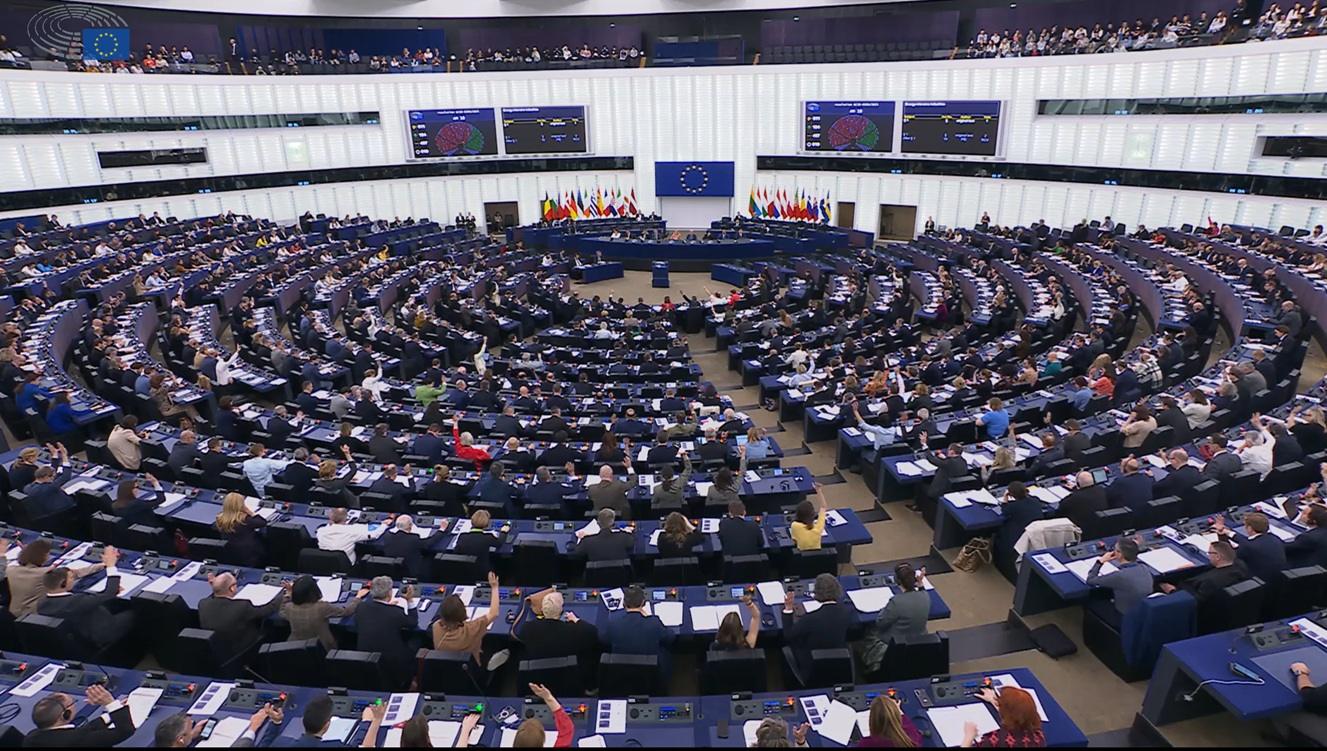
Lawmakers in the European Parliament announced today an agreement to approve the European Commission’s ‘stop-the-clock’ directive, delaying the implementation of key sustainability reporting and due diligence regulations, including the CSRD and CSDDD.
The agreement was supported by a large majority of MEPs in a 531 – 69 vote, despite a series of amendments submitted by far-left and right parties, which included proposals ranging from outright rejecting the directive to extending the delay of the sustainability reporting rules to 15 years.
The announcement, following the approval last week of the ‘stop-the-clock’ directive by member state representatives in the EU Council, marks a significant step in the Commission’s Omnibus I package, aimed at significantly reducing the sustainability reporting and regulatory burden on companies, and particularly on SMEs.
The Omnibus package was released by the Commission in February, proposing a wide-ranging series of changes to regulations including the Corporate Sustainability Reporting Directive (CSRD), the Corporate Sustainability Due Diligence Directive (CSDDD), the Taxonomy Regulation, and the Carbon Border Adjustment Mechanism (CBAM).
Among the proposals included in the package were delays for the application of the CSRD for companies that have not yet started reporting by two years, and of the transposition and application of the CSDDD by a year.
Alongside the release of the Omnibus package, the Commission proposed the “stop-the-clock” in order to fast-track the adoption the CSRD and CSDDD delays, and urging rapid implementation to provide companies with regulatory certainty.
The Omnibus packages’ proposed changes are aimed at significantly reducing the reporting and compliance burdens on companies, including reducing the number of data points required for sustainability reporting, and limiting sustainability due diligence primarily at the level of direct business partners, as well as significant reductions in scope, with an estimated 80% of companies potentially being removed from the CSRD’s sustainability reporting requirements.
The Commission has indicated that it plans to move quickly on updating the regulations. The Commission recently tasked the European Financial Reporting Advisory Group (EFRAG) with developing technical advice underlying the CSRD’s European Sustainability Reporting Standards (ESRS), setting a timeline of only seven months, in order to provide time to have companies apply the new standards for sustainability reporting covering financial year 2027, and potentially to give companies an option to apply the standards for F2026 if they wish to.
With the agreements in place, the Parliament and Council can move to formally adopt the postponement of the regulations within the next few weeks, and proceed on developing positions on the proposed changes to the regulations.


